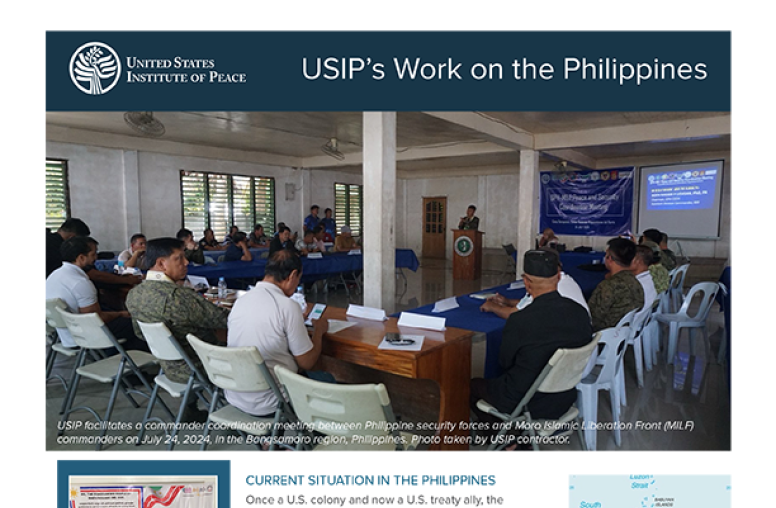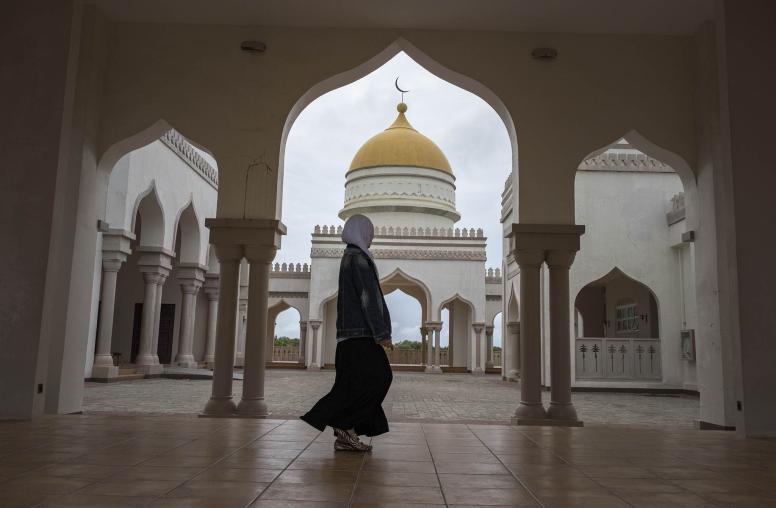Religious actors have an immense capacity to enhance the quality and integrity of elections around the world. And religious leaders’ moral authority within communities can help bridge gaps between the state and its citizens, offering credibility to any electoral process. The University of Louisville’s David Buckley discusses the need to engage with religious actors in support of democracy and elections abroad — pointing to the Philippines as an example of how religious networks such as the National Citizens’ Movement for Free Elections (NAMFREL) and Parish Pastoral Council for Responsible Voting can mobilize thousands of election observers and provide civic education to the public.



